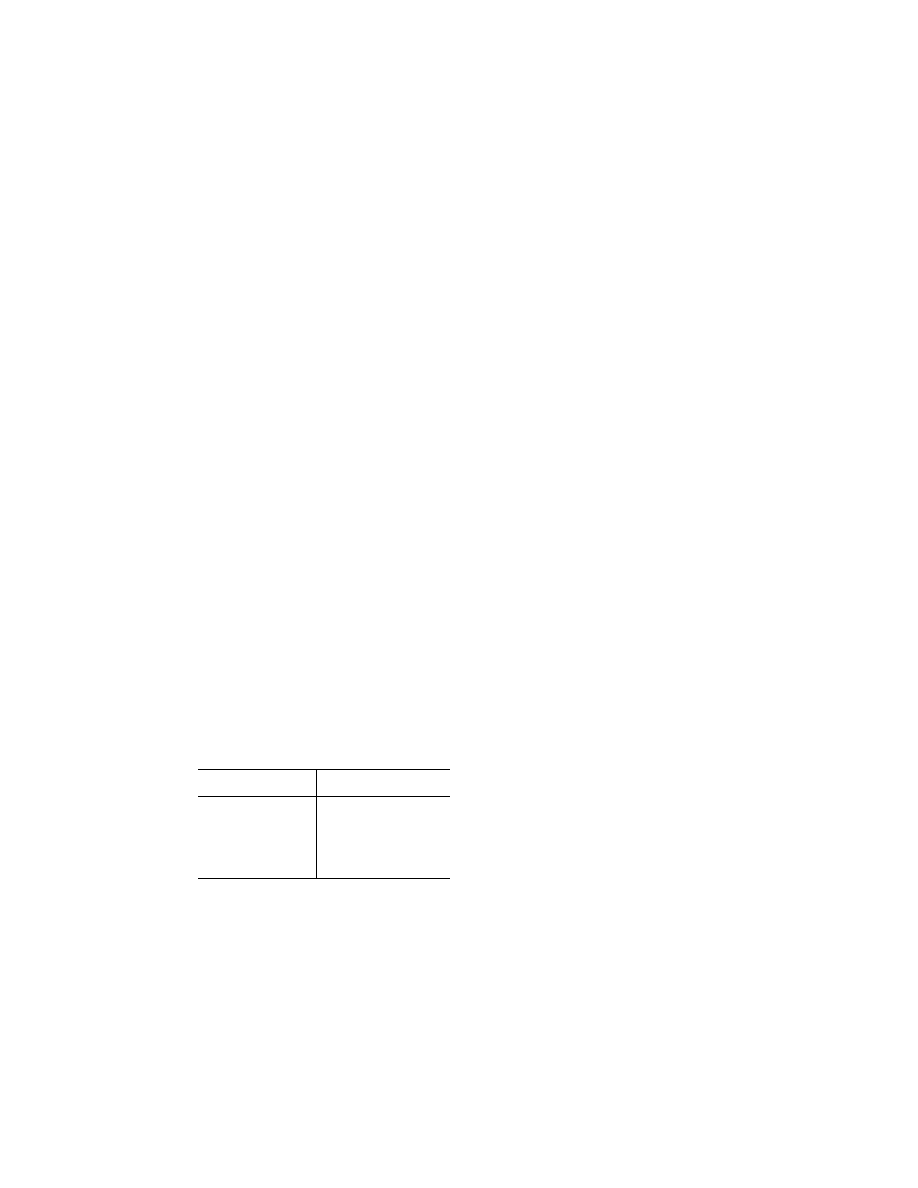
834
14 CFR Ch. I (1–1–19 Edition)
§ 171.261
within the localizer and glide path cov-
erage sectors. The localizer coverage
sector must extend from the center of
the localizer antenna system to dis-
tances of 18 nautical miles minimum
within
±
10 degrees from the front
course line, and 10 nautical miles min-
imum between
±
10 degrees and
±
35 de-
grees from the front course line. The
ISMLS localizer signals must be re-
ceivable at the distances specified up
from a surface extending outward from
the localizer antenna and within a sec-
tor in the elevation plane from 0.300 to
1.750 of the established glide path angle
(
q
).
(j) Except as provided in paragraph
(k) of this section, in all parts of the
coverage volume specified in paragraph
(i) of this section, the peak field
strength may not be less than
¥
87
dBW/m
2
, and must permit satisfactory
operational usage of ISMLS localizer
facilities.
(k) The minimum peak field strength
on the ISMLS glide path and within
the localizer course sector from a dis-
tance of 10 nautical miles to a height of
100 feet (30 meters) above the hori-
zontal plane containing the threshold,
may not be less than + 87 dBW/m
2
.
(l) Above 16 degrees, the ISMLS lo-
calizer signals must be reduced to as
low a value as practicable.
(m) Bends in the course line may not
have amplitudes which exceed the fol-
lowing:
Zone
Amplitude (DDM)
(95 pct. probability)
Outer limit of coverage to:
ISMLS point ‘‘A’’ .............
0.031.
ISMLS point ‘‘A’’ to
ISMLS point ‘‘B’’.
0.031 at ISMLS point ‘‘A’’ de-
creasing at linear rate to
0.015 at ISMLS point ‘‘B’’.
ISMLS point ‘‘B’’ to
ISMLS point ‘‘C’’.
0.015.
(n) The amplitudes referred to in
paragraph (m) of this section are the
DDMs due to bends as realized on the
mean course line, when correctly ad-
justed.
(o) The radio frequency carrier must
meet the following requirements:
(1) The nominal depth of modulation
of the radio frequency carrier due to
each of the 90 Hz and 150 Hz tones must
be 20 percent along the course line.
(2) The depth of modulation of the
radio frequency carrier due to each of
the 90 Hz and 150 Hz tones must be be-
tween 18 and 22 percent.
(3) The frequency tolerance of the 90
Hz and 150 Hz modulated tones must be
within
±
25 percent.
(4) Total harmonic content of the 90
Hz tone may not exceed 10 percent.
(5) Total harmonic content of the 150
Hz tone may not exceed 10 percent.
However, a 300 Hz tone may be trans-
mitted for identification purposes.
(6) At every half cycle of the com-
bined 90 Hz and 150 Hz wave form, the
modulation tones must be phase-locked
so that within the half course sector,
the demodulated 90 Hz and 150 Hz wave
forms pass through zero in the same di-
rection within 20 degrees with phase
relative to the 150 Hz component. How-
ever, the phase need not be measured
within the half course sector.
(p) The mean course line must be ad-
justed and maintained within
±
.015DDM from the runway centerline
at the ISMLS reference datum.
(q) The nominal displacement sensi-
tivity within the half course sector at
the ISMLS reference datum, must be
0.00145 DDM/meter (0.00044DDM/foot).
However, where the specified nominal
displacement sensitivity cannot be
met, the displacement sensitivity must
be adjusted as near as possible to that
value.
(r) The lateral displacement sensi-
tivity must be adjusted and maintained
within 17 percent of the nominal value.
Nominal sector width at the ISMLS
reference datum is 210 meters (700 feet).
(s) The increase of DDM must be sub-
stantially linear with respect to angu-
lar displacement from the front course
line where DDM is zero, up to angle on
either side of the front course line
where the DDM is 0.180. From that
angle to
±
10 degrees, the DDM may not
be less than 0.180. From
±
10 degrees to
±
35 degrees, the DDM may not be less
than 0.155.
(t) The localizer must provide for the
simultaneous transmission of an iden-
tification signal which meets the fol-
lowing:
(1) It must be specific to the runway
and approach direction, on the same
radio frequency carrier, as used for the
localizer function.
VerDate Sep<11>2014
08:20 May 17, 2019
Jkt 247048
PO 00000
Frm 00844
Fmt 8010
Sfmt 8010
Y:\SGML\247048.XXX
247048